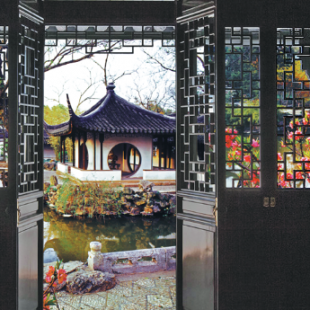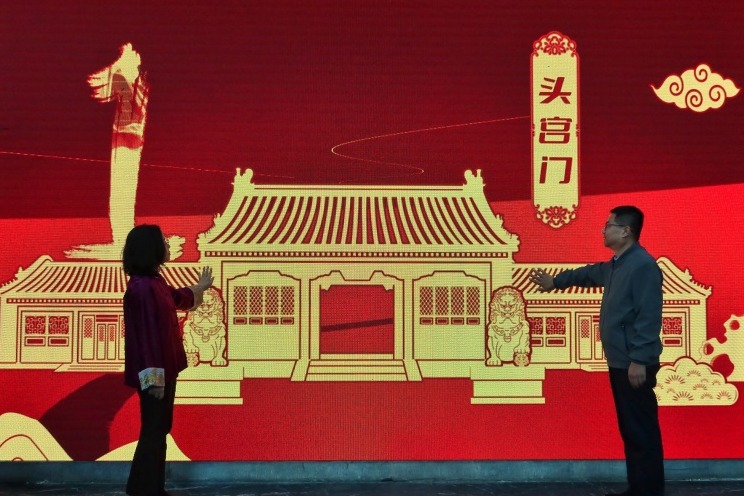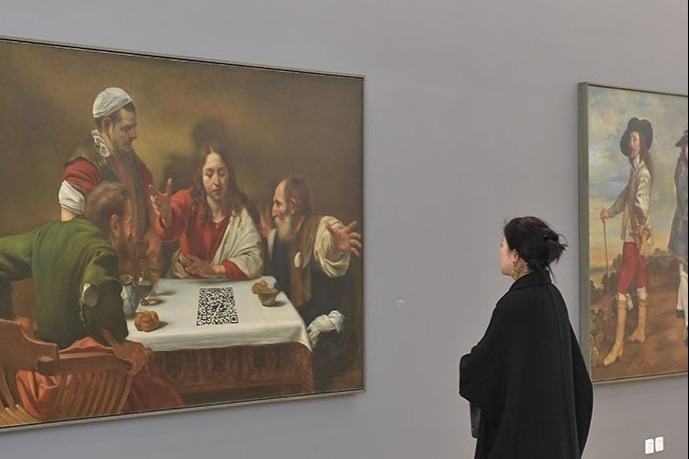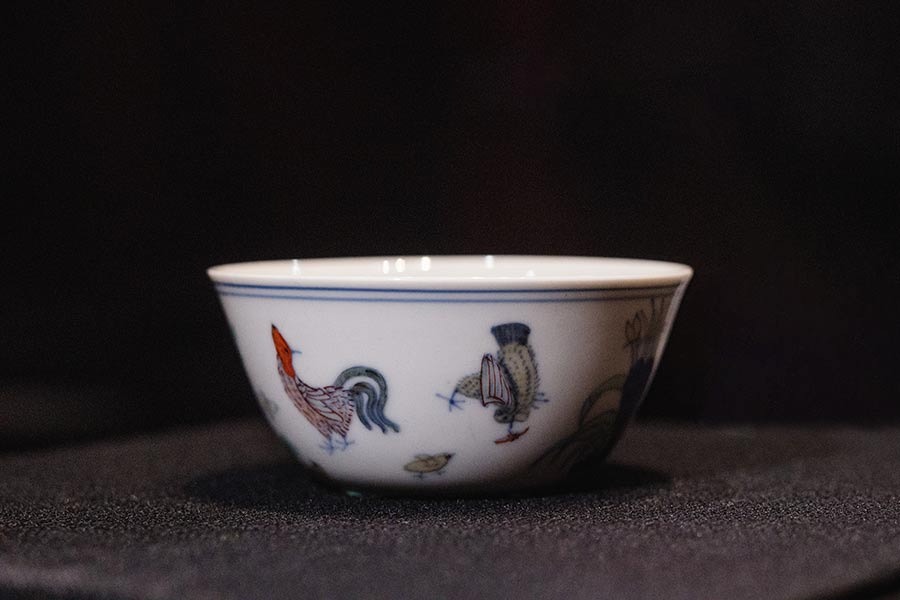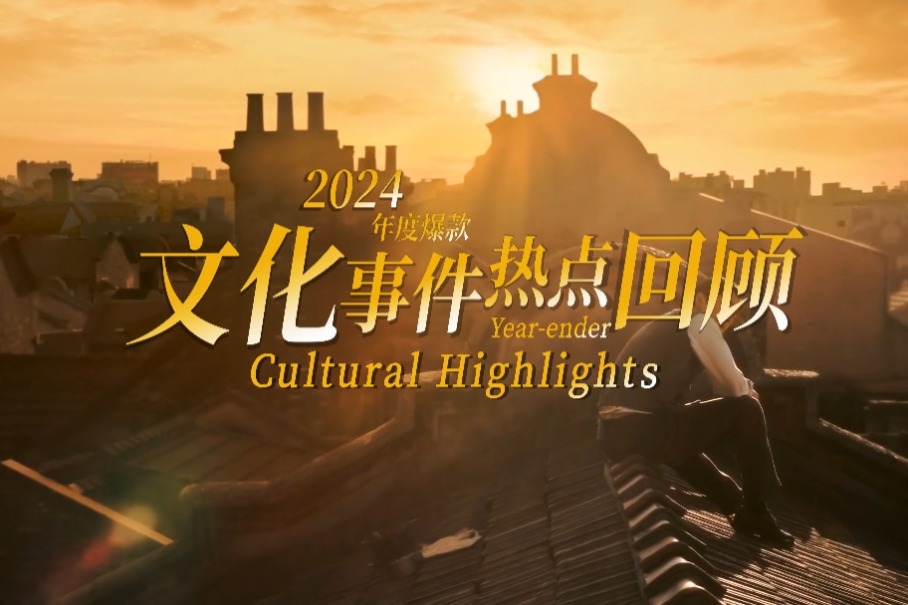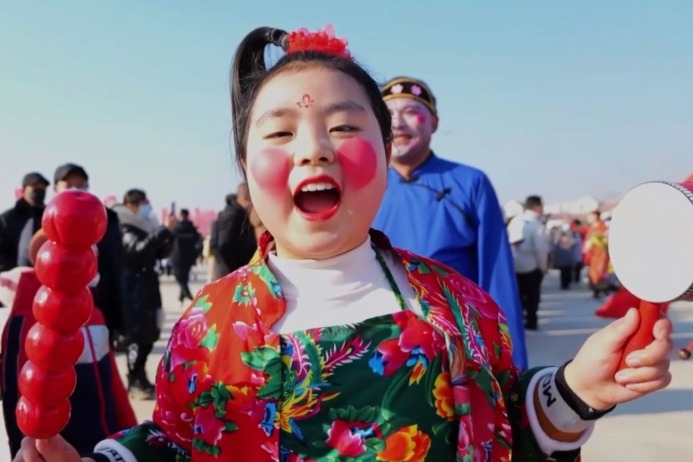Where heritage takes root

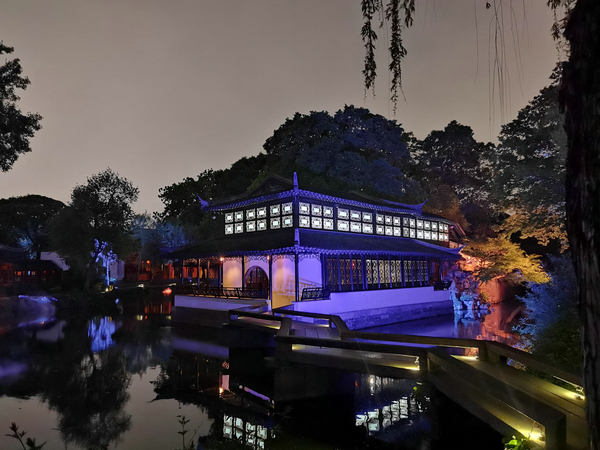
"Managing a city is more than governing land. People now dig deeper into history and can, as such, delicately cultivate a city's growth in a way that suits them," she says. "Ecological protection and many other urban infrastructure projects can learn from the design ideals of the classical gardens."
Zhu Haijun, director of Suzhou Conservation and Monitoring Center for the Classical Gardens of World Cultural Heritage, considers education programs for the young generation as key to passing down the intangible legacy for the future.
"The future destiny of the classical gardens is in their hands," he says. "We'd like to plant a seed in their hearts so that the gardens can continue to thrive through the ages."
As night falls in the Humble Administrator's Garden, the largest among the 108 sites, soft light and a melody imbued with a sense of antiquity combine to evoke a memory of ancient literati, under a silvery moon.
By a pond, artists deliver Kunqu performances, an ancient local opera famed for its elegant movements and lyrics, which was listed as a Masterpiece of the Oral and Intangible Heritage of Humanity by UNESCO in 2001. Digitized versions of traditional Suzhou paintings are projected onto the walls giving the impression of slightly waving in the breeze. It is another immersive visiting program that began last year.
The subtle grace of the gardens still flows via the languid canals that snake across Suzhou. Hardly felt, their strength in shaping the city's character seems to linger forever.
Contact the writer at wangkaihao@chinadaily.com.cn


